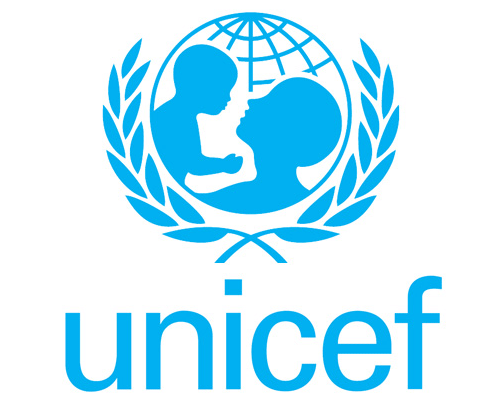Hanan Balkhy, the World Health Organization’s (WHO) regional director for the Eastern Mediterranean, has sounded the alarm on the dire situation in Gaza. When speaking, Balkhy highlighted the inadequate and unsustainable nature of current aid efforts amidst an increasingly volatile operating environment for humanitarian groups.
“The safety and security of our teams, and the dignity and rights of Gazans must be restored and protected at all costs,” Balkhy emphasized in a compelling social media post. Her words reflect the growing concerns over the safety of aid workers and the dire need to safeguard the fundamental human rights of Gaza’s residents.
In a follow-up post, Balkhy did not mince words about the current efforts, describing them as “insufficient and unsustainable.” Her call to action was directed squarely at the international community and member states. “Member States must do more to initiate solutions for this political crisis. We need peace, and we need sustained humanitarian access,” she urged.
Balkhy’s comments came on the heels of a series of high-level meetings with key UN officials, including Tor Wennesland, the UN’s Middle East envoy, and Muhannad Hadi, the regional humanitarian coordinator for the United Nations. These discussions underscored the urgent need for a coordinated and robust response to the escalating crisis in Gaza.
The humanitarian situation in Gaza has been deteriorating rapidly, exacerbated by prolonged conflict and blockades that have severely restricted the flow of essential goods and services. Aid organizations have been struggling to meet the basic needs of the population, facing significant challenges in delivering food, medical supplies, and other critical assistance.
Balkhy’s urgent appeal highlights a critical juncture for the international community. The call for increased and sustained humanitarian access is not just a plea for immediate relief but a demand for a strategic and long-term solution to the political crisis that underpins the humanitarian emergency.
The international community now faces a crucial test of its commitment to human rights and humanitarian principles.




